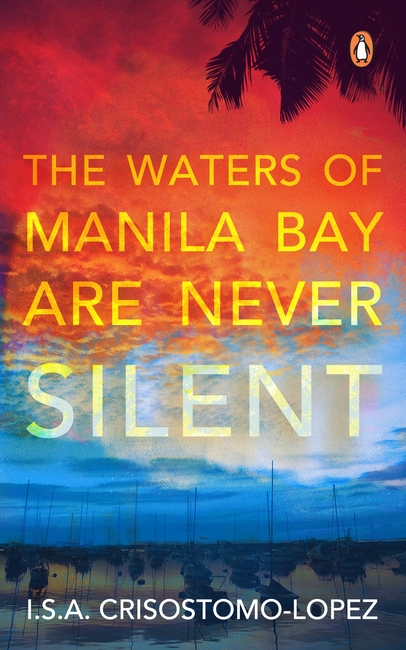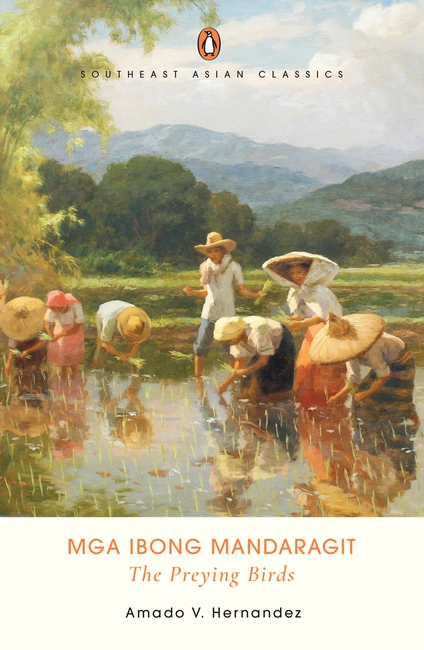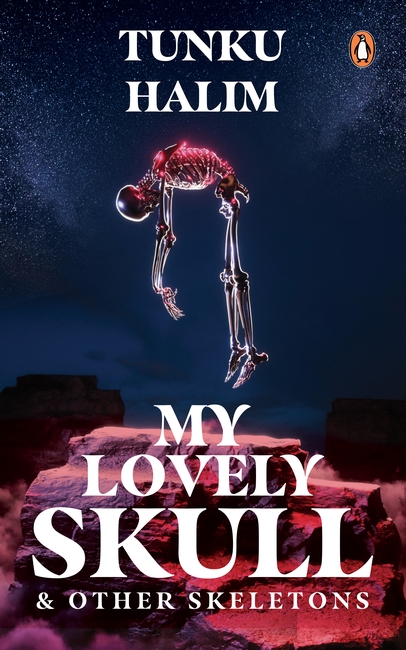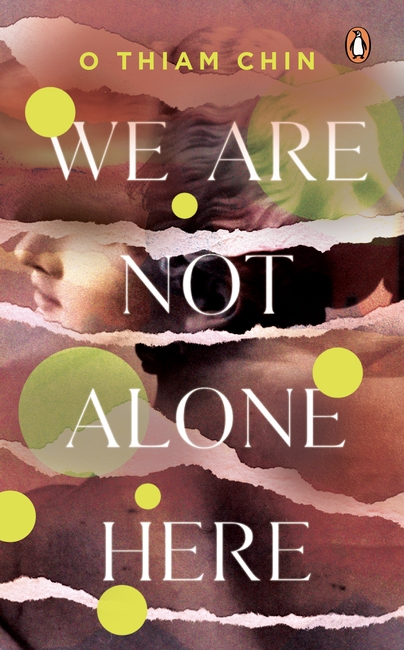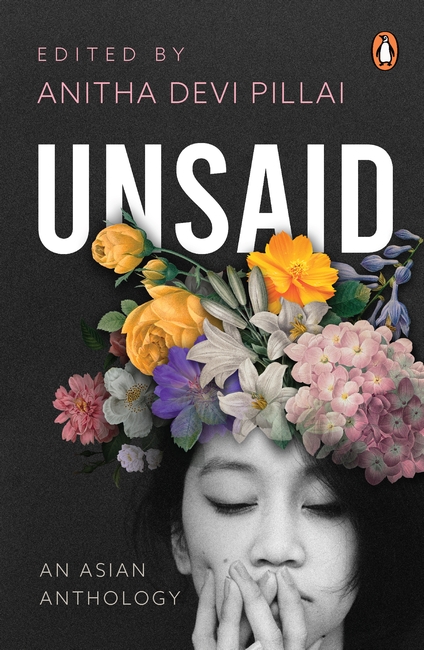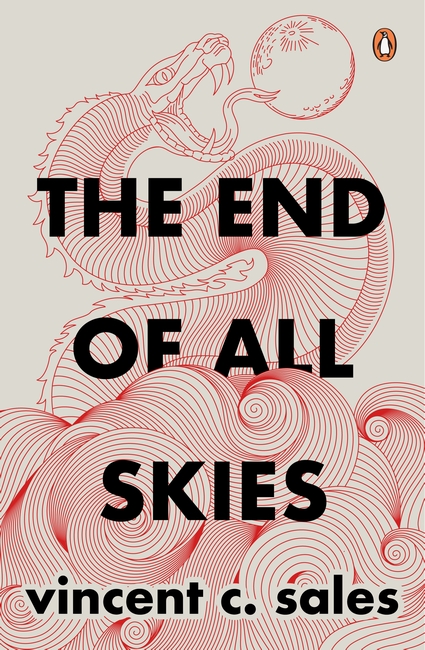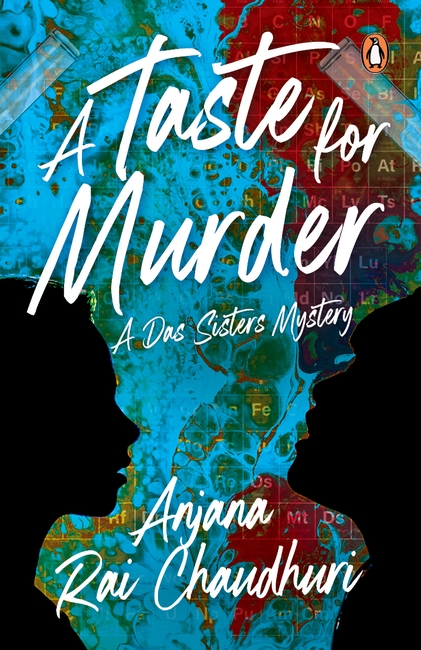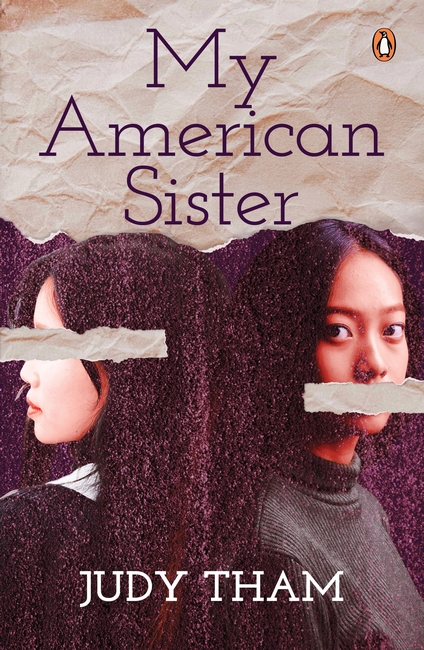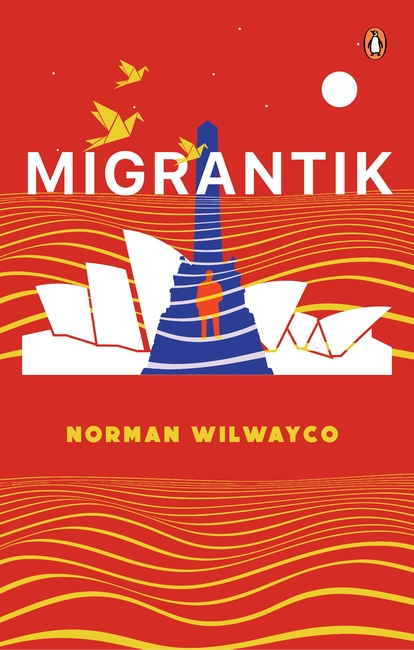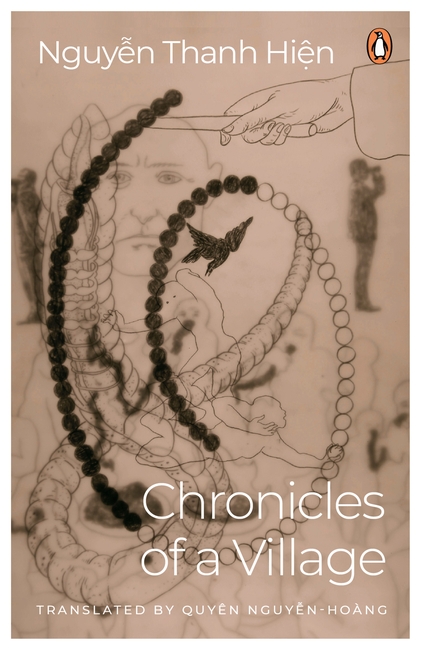When an article about a boy who was killed after being tagged by police as a drug runner lands on his desk, journalist Zechariah ‘Zeke’ Dipasupil feels the story deserves to be on the front page. He empathizes with the dead boy whose cries were unjustly silenced since he also lost his voice as a child.
He grew up without knowing his father and had to look after his mother who suffered from depression and other ailments. His fight to defend the weak and the voiceless caught in the middle of the government’s war against illegal drugs is reminiscent of the activist movement during the Martial Law years in the Philippines. Later, he meets his long lost grandmother who reveals the truth about his father.
As he struggles to rise above societal oppression, he finally finds the courage to respond to the many unsettling silences in his personal life
Catagory: Fiction
The Preying Birds
Mando Plaridel is the lead character in this novel of social consciousness. His character combines the qualities found in Simoun and Ibarra, the two lead characters in national hero Jose Rizal’s novels: Noli Me Tangere and El Filibusterismo. Ibarra is the passive character in Rizal’s novels, while Simoun is the active propagandist who wakes up the people from their centuries-old sleep under Spanish colonialism.
After the war, society begins to know him as the brave editor of the Kampilan newspaper. He later becomes involved in the problems of the farmers with the abusive Monteros. Told from an omniscient point of view, Hernandez is able to enter the consciousness of the wealthy characters. He shows how the ruling classes-the politicians, landowners, judges, deputies and bishops-only protect their own interests, that is why they do not want to change the status quo.
Dr Sabio is the progressive president of a university founded by Mando, who used the treasure thrown into the sea at the end of Rizal’s second novel to help improve society. The money is used to fund Freedom University and set up Kampilan, the brave newspaper. The novel points to the cooperative system of land ownership as the way out for the landless poor. It implies that change can only begin when the eyes of society have been finally opened.
My Lovely Skull & Other Skeletons
Each the darkest of tales. Skeletons in the cupboards of the mind. Shackled in a dungeon. Rattling the cages. Bones jangling as they grinningly emerge.
Meet a hungry old woman who roasts her victims.
A grieving father intent on rape and murder. A sex-slave nurse who uses lizards to kill. A blood-sucking creature avenging a battered wife. A teenager in love with a beach-discovered skull. A diva-wannabe who will poison to sing. An exorcism going terribly wrong.
These and other skeletons await. Nightmarish, spine-chilling tales ready to embrace and draw you
into their blood-dripping dungeons.
Are you ready for the shackles?
Do you have a lovely skull?
We Are Not Alone Here
An unnamed young woman and her companion strike up a conversation in the dark in a quiet room, in the middle of nowhere. As they talk, the young woman starts to open up her life, to talk about her past and childhood, growing up in a single-parent household under poor impoverished conditions, living under the cold, steely eye of an estranged and manipulative mother who physically and emotionally abused her. The woman gradually divulges the lies and secrets that have plagued her life from a very young age, and how all of it has led her to make hard choices along the way: to be a mistress to her boss at her first job, to have a child out of wedlock, to rear a child all on her own and then to tragically lose him in a drowning.
The truth becomes stranger and more complicated as the woman continues to tell her story, braiding and twisting the facts and sequence of events as she narrates, that soon reveals a long unvoiced history of pain and violence and deception, that ultimately culminates in her committing a series of horrific and terrible acts. What has seemed clear and straightforward at the start of the woman’s story soon becomes a strange febrile dream that holds the woman and her companion in a complicit, unbreakable spell.
Unsaid: An Asian Anthology
His wife’s voice was unmistakable. She was moaning and sighing, and he could hear his divan creaking. How he wished he had not come home that night. He was a mere mortal. His heart had betrayed him. What can he do? Somewhere else in the world a child watches her father bullied into submission, while another is teased for his queer choices by those he trusts. Will the soft voices of the weak ever be heard? Nothing – not even death – was going to stop her from joining her family during the annual lantern festival celebrations. The dead do walk amongst us, don’t they? When the sun sets in the forest, a woman pays the price for ignoring the village elders’ beliefs. Is there any truth to these old wives’ tales? Fifteen stories, all set in Asia. Fifteen storytellers, who have mastered the art of laying bare the human psyche. Stories of pain, and power, and good fighting the bad. Stories that take you to the mystical dark side. Stories that knot family ties in darkness. This is UNSAID: An Asian Anthology.
The End of All Skies
The final days of Sun Girna Ginar have arrived.
The old witch in the marketplace knows it, but no one believes her. How could the Sultanate fall when the God-Sultan rules over the earth and Skyworld? How could anyone ever defeat General Marandang, the giant slayer, and the city’s champion, Lam-Ang?
Entering into a wager with the gods, the old witch promises to destroy the city. And by granting the most insignificant the ability to make their dreams come true, it all comes to pass. We witness the fall of the Sultan’s great city through their stories: the hunter who seeks revenge, the one-handed thief who wants justice, and the exiled datu searching for redemption.
Together, they bring about the destruction of the city of Sun Girna Ginar. Its walls are breached by the six-headed giant of Gawi-Gawen as fire consumes the Palace and the never-ending rain swallows the city in flood.
The End of All Skies is a story of reclaimed myths, but it is also a mirror of recent history, of today. It revisits our lost past and entreats us to never forget the sins committed against us, while reminding us of the power and humanity each of us possesses.
A Taste for Murder
Poisons. Mayhem.
At Singapore’s premier university.
The Das Sisters follow the trail of a diabolical murderer.
The second of the Das Sisters Mystery Series finds Inspector Dolly Das and her sister, Lily, embroiled in a university murder case. It is 2011. When a Korean postdoctoral fellow from the chemistry department dies suddenly, apparently from a heart attack brought on by food poisoning, canteen stall owner, Lily Das, is in danger of losing her business license. Intent on clearing her name, Lily, with the help of her sister, Dolly, discovers the victim had been deliberately poisoned. When more poisonings occur, endangering the lives of people they know, Lily, and Dolly suspect a serial killer is on the loose on campus. The Das sisters, with the help of their mother, Uma, Dolly’s son, Ash, Lily’s assistants, Vernon and Angie, and the domestic helper, Girlie, must race against time to catch the murderer and stop the killing spree. But can Lily think clearly when she is estranged from her husband? Can Dolly keep her job when her jealous boss is intent on retiring her? Both Lily and Dolly must overcome these challenges to nail an elusive, cruel, and highly dangerous killer.
My American Sister
What price does a family pay for an unapproved birth?
Li Fu and Mei, farmers from a far-flung province seeking a livelihood in the capital, Beijing, flout the country’s One-Child Policy by giving birth to a second daughter, Ying. Unable to pay the hefty penalty, their baby is forcefully taken by corrupted officials and sold to an orphanage, and is eventually put up for adoption. Stricken by grief, the family falls apart. Li, obsessed with finding his missing daughter, leads a dysfunctional and chaotic life with his eldest daughter Yan after his wife walks out of the family. Seventeen years passed before he eventually locates Ying in San Francisco.
However, his dream of a reunited family is quickly crushed when Ying, now an all-American girl, cannot accept her biological family’s un-American way of life. Intolerant of their behavior and illegal immigrant status, Ying does the unthinkable – calling the immigration department to deport her family back to China.
Overcome with guilt and remorse, Ying decides to go to China to face her father and tell him the truth about their arrest and deportation.
Told from the perspectives of the two sisters, this novel reveals the dark side of cross-cultural adoption and love between father and daughter. The story is inspired by actual accounts of missing children in China, some of whom were abducted by corrupted officials for profiteering.
Migrantik
Tony is one of millions of Filipinos scattered across the globe, working to send money back to his family. But unlike other migrants, he’s no pushover at work and doesn’t live in fear of losing his visa.
Squatting in the office with an Irish co-worker to save money, Tony hustles as a web designer and battles with a ball-busting Scottish boss during the day. At night, he washes away the loneliness and fights the enormous pressure with booze and weed, saving most of what he earns to send back home.
But the money from all the hard work never seems to be enough.
If it’s not a new phone for his teenaged daughter, it’s for a cousin’s birthday or an uncle who needs funding for a business. Everyone ‘s counting on his salary. So Tony plugs away, seeking small comfort in video calls with his family, finding short-lived happiness in skateboarding in empty carparks, and diving deep into the dark side of Sydney – away from the posh lights of the Harbor Bridge and smack dab into the seedy suburbs.
Tony’s life as a migrant begins to unravel as events come to a head, and he’s forced to face the consequences of his actions.
Translated from Filipino by Peter Dominique Mutuc, Migrantik is told through the lens of economic, emotional, and occasionally actual violence.
Chronicles of A Village
Chronicles of a Village is set in an anonymous Vietnamese village based on the author’s personal memories. The surrealistic narrative touches on the country’s pre-modern history, the colonial era and the onslaught of modernity that irreversibly affects the mountains, rivers, soil and memories of a wretched people. Written in vibrant fragments that resemble prose poems, the novel combines the author’s melodious style of oral storytelling with historical micro-narratives and mythological elements. The book takes the reader through poetic and political landscapes teeming with ancient legends, love stories, marvelous nature, war tragedies and modern alienation, which constitute the beauty and ‘the fatal historical disabilities of a land’.






